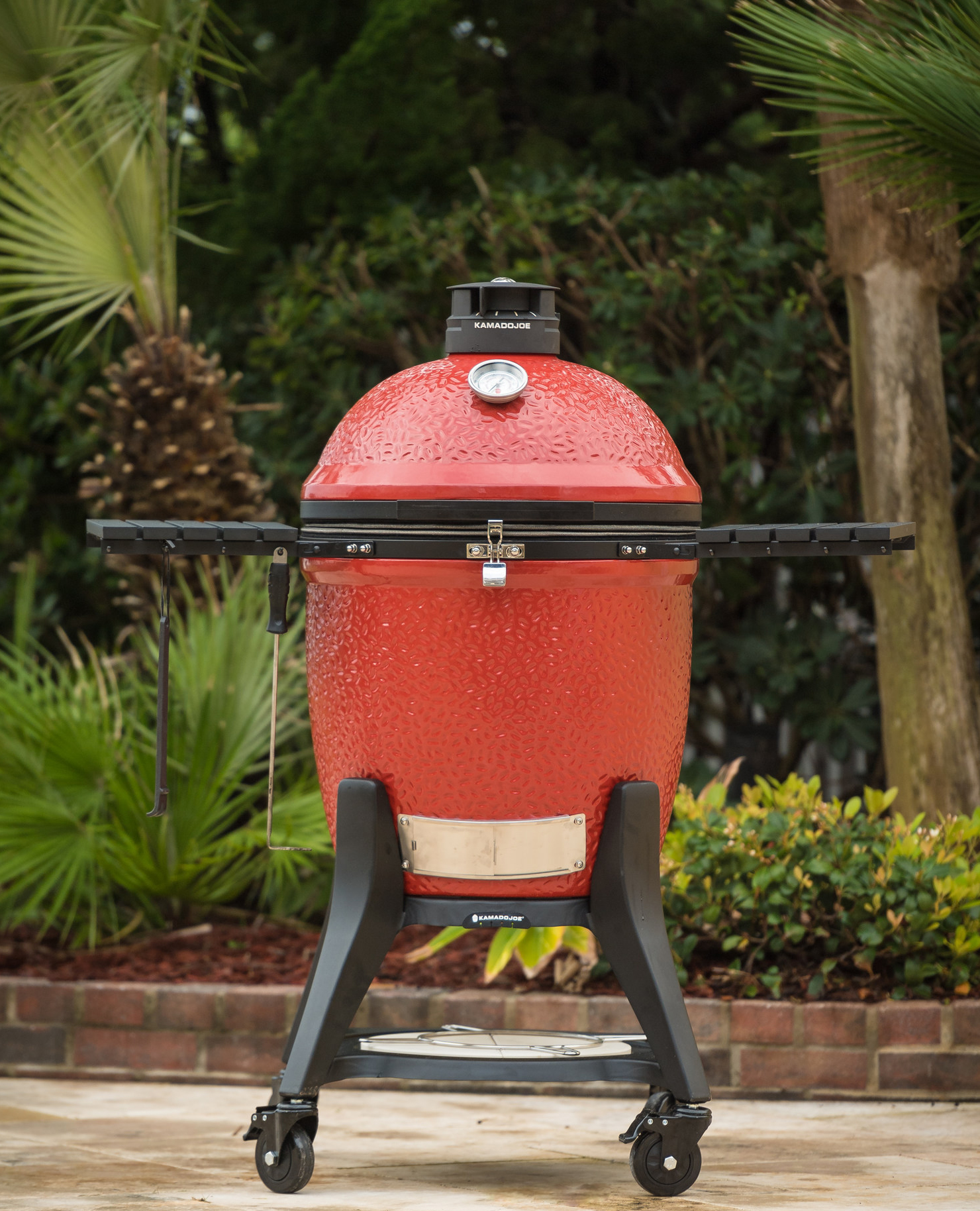How to Make a Steak Marinade from Scratch
Marinades hardly take any effort or ingredients to create and can add quite a lot of flavour to meat for only a few minutes of resting. Steak marinades are especially great for barbecuing, but can also be used for frying if needed. A good steak marinade is the perfect addition to both your indoor and outdoor kitchens and should always be kept handy.
The steps on how to make a steak marinade from scratch are incredibly easy to follow and can easily be made in just a few minutes. This article has everything you need to know about making a simple steak marinade from scratch that can easily be adjusted to suit your needs. If you need any accessories to help make marinating your steak easier or if you need a new barbecue grill, check out our catalogue for all that and more.
Marinades vs rubs
One of the key factors in how to make your steak marinade is the liquid-based seasonings you use. Ingredients like soy sauce, Worcestershire sauce and lemon juice are just some of the ingredients that can be used to season your steak. They’re also what make marinades different from rubs.
Marinades also have an acidic ingredient, like lemon juice or vinegar, in addition to a few other liquid and powdered seasonings. Mixed together and applied to the meat, the acidic ingredient is used to tenderize it while also adding flavour like the other ingredients. After letting the meat absorb the flavours, you get a deliciously soft and flavourful cut of meat.
The ingredients for how to make your steak marinade
The best way to start a marinade is to start with three main ingredients. Many of these ingredients are used for all marinade bases, but you can easily replace a few with whatever similar ingredients you have to make them perfect for your steak. Do note, however, that the measurements we listed are for marinating six steaks! Be careful to adjust the measurements of your substituted ingredients to make sure they aren’t overpowering.
- ½ a cup of olive oil is often the best choice for the base of your marinade since it has a more neutral flavour that can be used to enhance the other seasonings. The oil will also help the steak from drying out too much while barbecuing, especially with other wet ingredients.
- Lemon juice is the best option for marinating steaks thanks to its citric acid. Not only will the juice tenderize the meat but it also adds a sourness that can cut through any excess richness your steak has. You only need ¼ cup of the juice for both flavour and tenderizing.
- Salt is necessary due to the fact it enhances both the steak and the marinade’s flavour. Simple table salt is all you need to make sure your steak isn’t just sour! Adding about ½ a teaspoon should be perfect.
Though this is the least amount of ingredients you can put into a steak marinade, many people add a few more ingredients to make their marinade and steak even more delicious. Garlic powder, onion powder and crushed black pepper are just a few seasoning staples that pair well with all sorts of meat, steaks included. However, if you want to add a few more ingredients that pair well with steaks, you can add these ingredients to your marinade.
- Worcestershire sauce is the best addition to marinades due to its combination of sweet, sour and light spiciness. The result is a tart umami flavour that pairs perfectly with your steak, and ¼ cup is all you need.
- If you’re interested in adding herbs to the marinade, use rosemary, thyme or oregano. All of these herbs pair quite well with beef, especially with their earthier flavours. If you’re using these in your steak marinade, ½ to one teaspoon of one type is great depending on freshness.
Grilling your steaks
The final step in how to make your steak marinade is grilling them. After mixing the base of your marinade and any other seasonings you want in a large enough bowl or Ziploc bag, put your steak in with the marinade and massage them. This lets the meat further absorb the marinade and increases the flavour. Once the steaks are completely covered in the marinade, put them in the fridge to rest for at least an hour. If you want stronger flavours, let the steak marinate for longer or even overnight.
Roughly ten to fifteen minutes before you take the steaks out of the fridge, light up your grill. When your grill reaches a temperature between 450 and 500 degrees Fahrenheit, put the steak on the grill and let it cook for two to three minutes. Flip the steak and continue cooking until it reaches your ideal doneness level.
- Medium: 135 to 145 degrees Fahrenheit
- Medium well: 145 to 155 degrees Fahrenheit
- Well done: 155 to 165 degrees Fahrenheit
If you have any excess marinade remaining, you don’t need to dispose of it. Many barbecuers often use the remaining marinade to baste the steaks while they’re grilling. This can add even more flavour and makes it so that the steak can remain moist even after.
Commonly asked questions about marinating steaks
For some less experienced barbecuers, marinating steaks can be something of a new idea, especially if you only follow what the barbecuing community does. Great steaks are almost always seasoned with just salt and pepper, and if they aren’t, the seasoning is a dry rub instead. So, when a recipe calls for marinating a steak, many questions are asked.
Why should I marinate a steak?
Much like with other cuts of meat, marinades are best used to tenderize while adding flavour. For certain tougher steak cuts, like chuck or cube steak, the marinating process breaks down those tough meat fibres and makes them far easier to enjoy.
Would a steak get ruined by marinating it?
Just like how marinating all kinds of meat doesn’t ruin how it gets cooked, a steak doesn’t get ruined either. However, some steaks don’t need marinating since they’re already quite tender.
Takeaway
A good steak marinade can be just as invaluable as any dry rub. Both add delicious flavours to a steak that, when cooked on a grill, creates a delicious meal that’s perfect for nearly all occasions. Steak marinades are especially great thanks to how they can make a tougher steak tender and flavourful. However, it’s important to know just when to use it.







